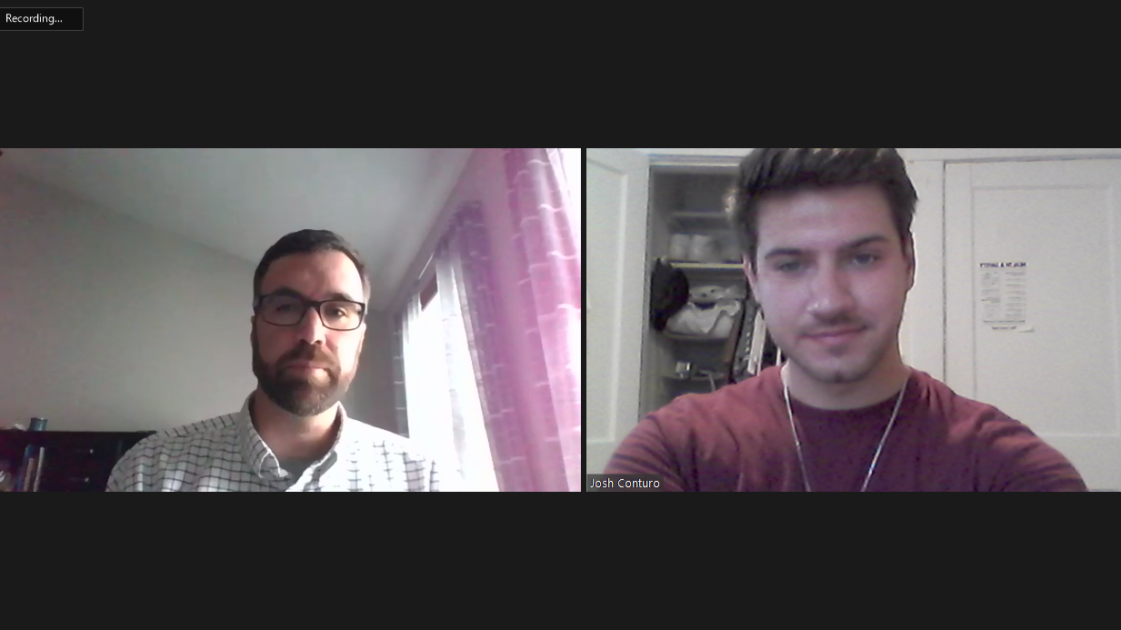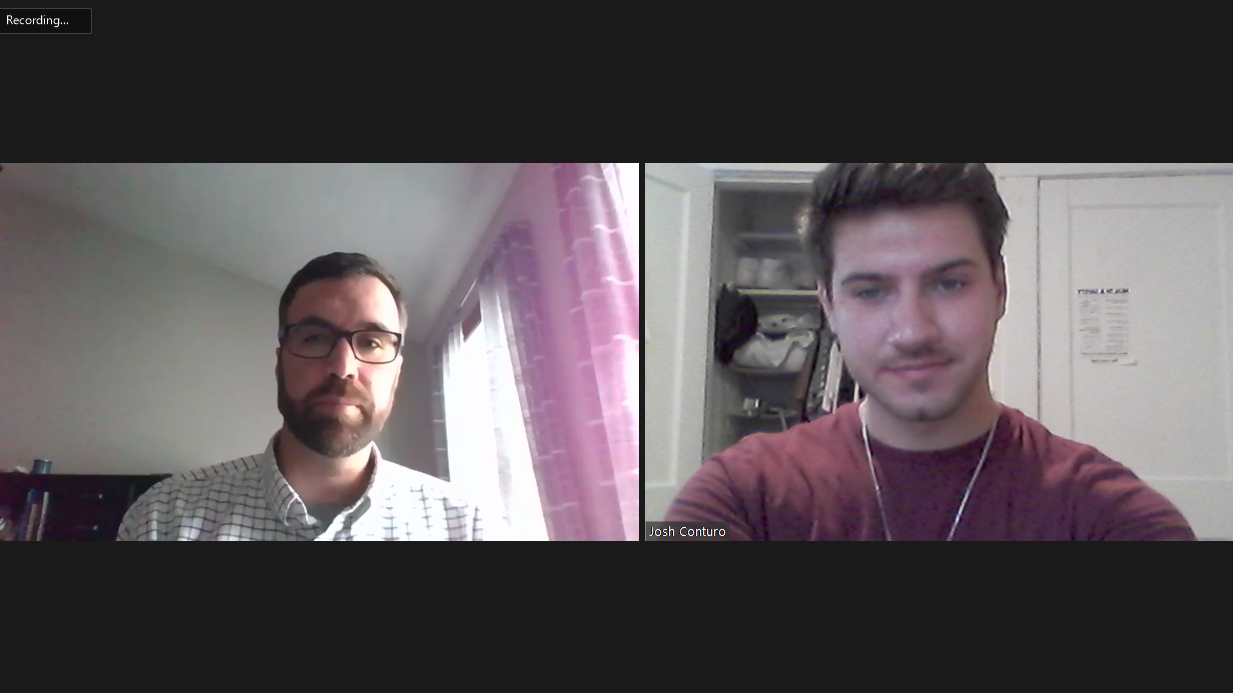The threat of COVID-19 has become larger now that we are in the middle of the semester. Some students have tested positive and are currently in isolation to slow the spread of this disease at Capital University.
To clarify, isolation is different from quarantine.

“Isolation is specific to people who have either tested positive for COVID-19 or are pretty symptomatic and are getting tested or awaiting test results,” Jon Geyer, the Director of Residential and Commuter Life said. “Quarantine, on the other hand, is used for individuals who have had possible exposure.”
In terms of the logistical processes, if a student tests positive for COVID-19, they will then be moved out of their current housing situation and will be placed in separate, private living quarters.
That student will remain there until they meet the CDC’s guidelines for release. This usually takes about ten days.
Geyer is not permitted to disclose the location of these isolation specific living quarters but he did describe the quality of them.
All isolated students have a private room with access to an equally private bathroom. Along with this, they get linens and some small toiletries so they don’t have to pack everything up to take with them.
These students are also given some bottled water, Gatorade, and some snacks for when they are getting settled in.
For sustenance, students in isolation are given instructions as to how to order food directly from Aladdin.
An isolated student would simply order food online for the next day, and at certain points throughout the following day, a team of people drop food off outside the door. For the weekend, students must order food that will carry them across both Saturday and Sunday.
Each room is also equipped with a refrigerator and a microwave.
If a positive student has a roommate, they will be placed into quarantine to see if any COVID-19 symptoms develop over a 14-day period. Contact tracing will be conducted to see who had recent interactions with a positive student.
The consistent quality of a person’s mental health while going through isolation is something that cannot be guaranteed no matter how streamlined the process is.
Doug Buzenski, a counselor at the Center for Health and Wellness, said that while being in quarantine and isolation can increase anxiety and depression, for the most part, the typical college student is rather resilient in getting through these things.

Buzenski said, “I would recommend the more immediate face to face.” Meaning that things like zoom calls and facetime will always be better in terms of the quality of social interaction than platforms such as Instagram and Twitter.


